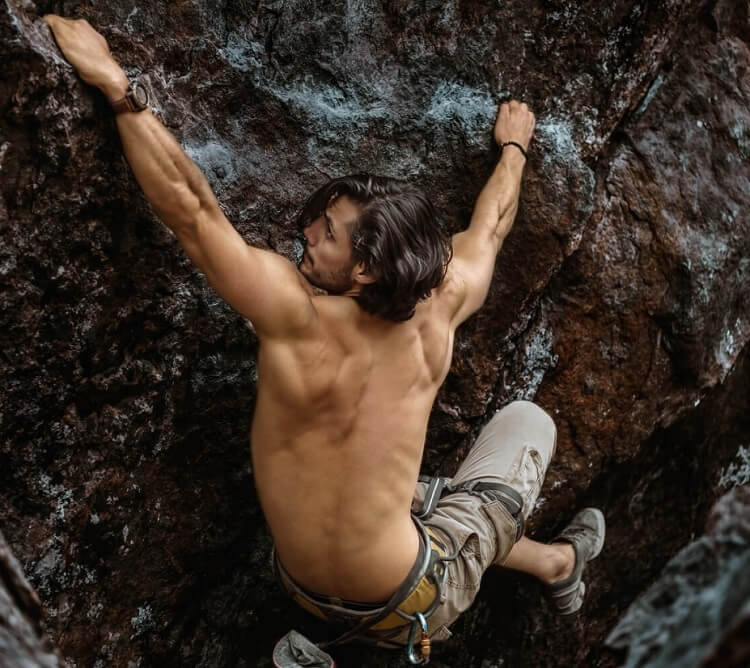Freediving vs Scuba diving: Which one should you choose?
"Freediving and scuba diving are both great ways to explore the amazing underwater world, but they are actually hugely different water sports. Here is everything you need to know."
Should you do freediving or scuba diving? It is one of the most frequently asked questions for diving beginners. Here are the differences and benefits of freediving and scuba diving for you to compare before choosing your next diving experience!

Freediving vs Scuba Diving: Definitions
Freediving is both a competitive sport and a recreational activity. As its name suggests, freediving is about diving with complete freedom, without any breathing apparatus. What freedivers care about is to dive deeper and stay longer underwater, and explore as much as they can in a single breath.
On the other hand, “Scuba” stands for “Self-Contained Underwater Breathing Apparatus”. Scuba diving requires a long list of scuba equipment, and there are many rules to follow for safe diving.

Freediving vs Scuba Diving: Equipment
One of the major differences between freediving and scuba diving is their equipment and the way divers breath.
Freedivers do not carry gas cylinders full of compressed air, hoses, or other heavy equipment. They hold their breath for the entire dive. Some freedivers like to have a pair of fins and a mask to make things easier, while some prefer freediving without any equipment, as minimal kit is the key to moving and breathing efficiently. If you want to go freediving when travelling abroad, the equipment you need is also very simple. Furthermore, since you can move underworld in silence without a heavy kit or large air bubbles, you can observe marine life closely without scaring them away. This is why many freedivers consider freediving as the ultimate feeling of freedom.
Scuba divers need to carry their scuba system: the regulator, BCD (Buoyancy Control Devices) and air tank. It helps them breathe underwater for a long period of time by delivering compressed air to them. Leisure scuba divers can rent their dive gear at most dive shops or resorts if they do not bring their own.
Book your sessions with Sport Session now!

Freediving vs Scuba Diving: Diving depths
Freedivers can dive as deep as they can go, as long as they are able and feel comfortable to. The current no-limit freediving record holder is Herbert Nitsch. He held his breath for more than nine minutes, diving to a depth of 253.2 metres (830.8 feet)!
Scuba divers can go very deep underwater. The diving depth depends on
your certification. For example, beginning scuba divers stay shallower than 18
metres (60 feet), whereas the limit for recreational scuba diving is 40 metres
(130 feet). The deepest scuba dive record was made by Ahmed Gabr, plunging
332.3 metres (1,090 feet) in the Red Sea.
Read more: How to overcome workout laziness

Freediving vs Scuba Diving: Rules
Freediving is “free” because there are no rules. Freedivers can hold their breath and freedive in the swimming pool or in the ocean anytime they want. Generally, no training is needed for recreational freediving, all you have to do is to practice and monitor your own breathing!
There are numerous safety rules for scuba divers, and most of them are related to the gear. Scuba divers cannot dive without their scuba equipment. So it is extremely important to do the pre-dive equipment check properly before getting into the water. The golden rule of diving is never to hold your breath, as it can serious injuries to the lungs. Practice safe ascents to make time for the nitrogen absorbed into the bloodstream to dissolve back into the solution. And lastly, always use the buddy system, as it ensures your safety underwater.

Freediving vs Scuba Diving: Benefits
• Pros of freediving:
- Diving underwater anytime, anywhere
- No need to carry a lot of equipment
- More flexibility for ascending
- Getting closer to marine life
- Perfect for adventurous individuals
• Pros of scuba diving:
- Diving deeper underwater
- Having longer dives
- Generally safe following the rules
- Great for diving beginners








